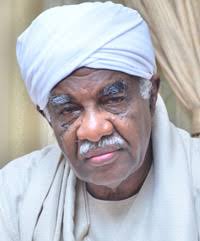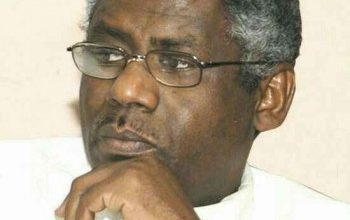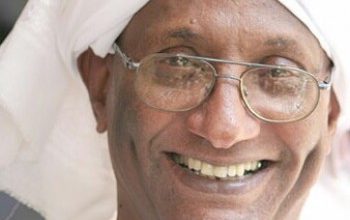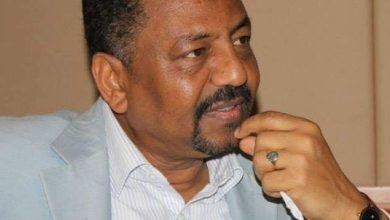The Soft State (2)

By: Dr. Ibrahim Al-Amin
The strength of Sudan lies in the unity of its citizens and the cohesion of all its components under a decentralized, pluralistic democratic system in which the state of law and institutions prevail.
Nation-state:
The nation state as an institution was originally established according to the theory of the social contract: a land, a people, and then a law that governs the relationship between the individuals of the people. In this land, the modern state is a neutral mediator between these competing groups and the members of society. It is the state, the arbiter capable of protecting all citizens from having their sanctities or rights violated. Their rights. The nation-state represents the public interest and does not let individual and factional interests dominate the course of the political process by distributing decision-making centers among multiple interests, each of which includes different actors and interests, with the aim of protecting political pluralism in a way that enhances the expansion of freedom and rights. Here a question arises of great importance, which is what if citizens discover that those in charge of state affairs are unable to fulfill their promises to the nation, and are not qualified to carry out the responsibility placed on them, knowing that politics is a rational management of public affairs and its purpose is to serve society. The political program should be a program that reflects the aspirations of the people and the needs of society. A successful policy is one that is capable of investing all efforts with the aim of reaching the right decision, and that seeks to involve all relevant efforts in decision-making in order to share responsibility with them and encourage them to implement. The political decision is the process of turning the wheel of money and experience, and the rational political elites, according to the saying of Professor Mohammad Abu Al-Qasim Haj Hamad, are able to compensate for the shortage of resources through balanced borrowing, purchasing expertise, and managing production and service operations. In the world there are countries that do not have available natural resources. It generates money, but it has rational elites that have enabled it to raise the level of its people. There are other countries whose political elites’ inability to manage the state rationally has led to more crises that have hindered the work and development of state institutions, leading to their weakening and loss of the spirit of initiative and achievement. The continuous decline in the performance of state institutions, the disintegration of institutional ties, and the prevalence of conflicts between them, have led to these institutions losing their role in protecting and fortifying the state entity, which is a dangerous matter when citizens feel an institutional vacuum that may develop into aggressive behavior for which the nation and the citizen pay the price. Hence the talk about the ills that afflict the state, even if the name differs, as the difference is only in degree, and the result in the end is the same, which is the collapse of the state, and the collapse may extend to society, unless the active living elements in society pay attention to the seriousness of the situation and work to achieve appropriate solutions to ensure the preservation of the state, on the entity of the state and its institutions prevailed, and the defect may appear in the confused state, which is the state that does not know what it wants?
The lost state rules without vision, and its complications include the soft state, the incapable state, the failed state, the deep state, and the collapsed state. The latter is characterized by a complete absence of authority, as the state becomes merely a geographical expression in which institutions are absent.



